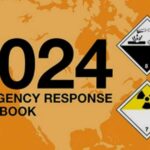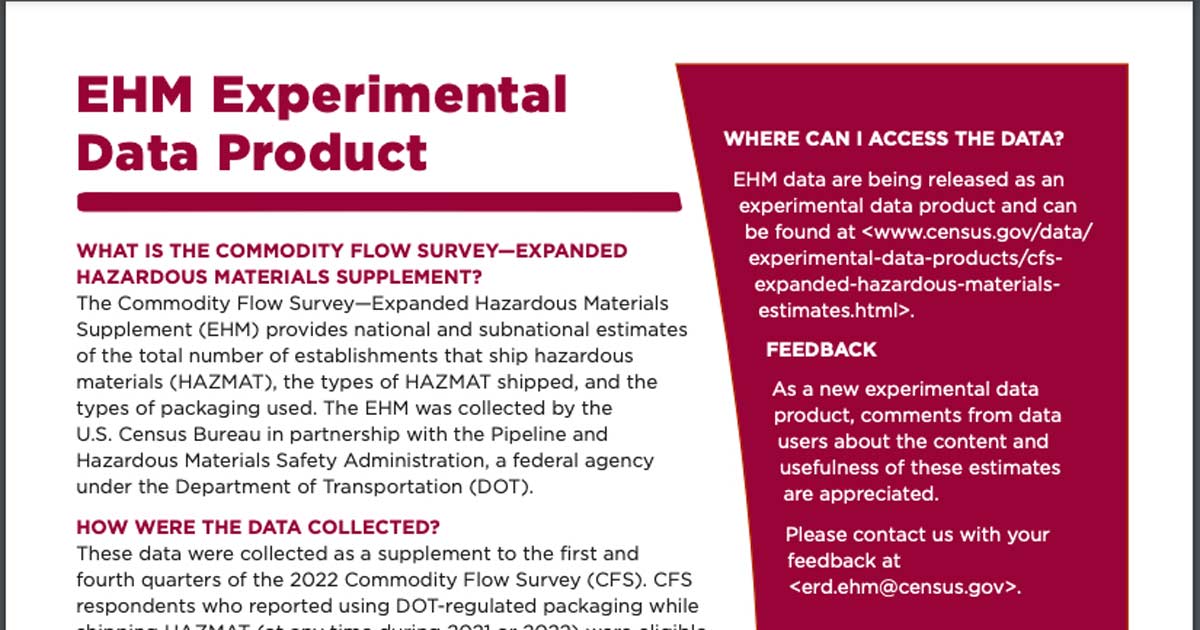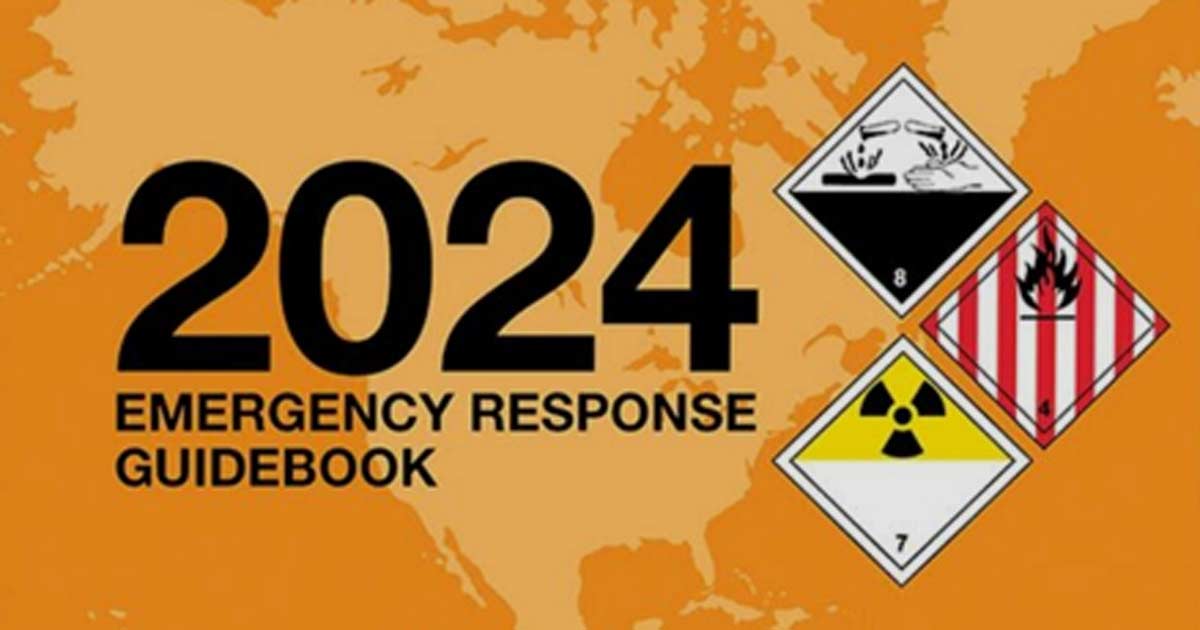Originally published by Enterprise
Two men suffered carbon monoxide poisoning Thursday in northern Hubbard County.
According to the Hubbard County Sheriff’s Office, a report came in at 11:58 a.m. that two people were unresponsive at a residence in Rockwood Township. Responding deputies and medical personnel found Anthony Dippel, 56, of Coleraine and Kyle Baird, 23, of Grand Marais outdoors, recovering from apparent carbon monoxide poisoning.
Investigation showed that Baird and Dippel were working on a running engine inside a garage when one became unconscious and the other began throwing up. Another person arrived and found the two victims. He quickly opened the garage door and assisted the men.
Both victims were transported by Bemidji Ambulance Service to Sanford Bemidji Medical Center.
Safety advice
Crystal Krautkremer, a registered nurse with the emergency department at CHI St. Joseph’s Health and Essentia Health St. Mary’s, is also a firefighter with the Park Rapids Fire Department (PRFD). She provided some context for Thursday’s carbon monoxide (CO) incident.
“Carbon monoxide is a colorless, odorless, tasteless gas that can kill you,” she said. “CO is found in fumes produced any time you burn fuel in cars or trucks, small engines, stoves, lanterns, grills, fireplaces, gas ranges or furnaces. Improperly ventilated appliances and engines, particularly in a tightly sealed or enclosed space, may allow carbon monoxide to accumulate to dangerous levels, which can affect everyone in that space.”
Symptoms of CO poisoning are often described as flu-like, and include headache, dizziness, weakness, nausea and vomiting, chest pain and confusion.
According to the Centers for Disease Control, approximately 50,000 people visit the emergency department and at least 430 people die every year in the U.S. from accidental CO poisoning.
“The Park Rapids Fire Department responds to CO calls every year,” Krautkremer said.
Poisoning occurs when CO builds up in your bloodstream.
“When too much carbon monoxide is in the air, your body replaces the oxygen in your red blood cells with carbon monoxide,” she said. “This prevents oxygen from reaching your tissues and organs. and can lead to serious problems, or even death.”
The fire department’s annual fire prevention education programs, especially around National Fire Prevention Week in October, includes handouts about carbon monoxide for residents in congregate living facilities and apartments, Krautremer said.
She noted that CO is nearly impossible to detect without testing. “Install smoke/CO detectors on every level of your home, near sleeping areas, heating units, in RVs and on boats,” she advised. “Test once a month and replace batteries once a year. If you suspect a leak or smell gas, get out fast and immediately and call 911, your local utility, or a qualified appliance technician, depending on the situation. Never re-enter until you are told it is safe. Seek medical attention for possible CO poisoning.”
Other precautions the PRFD recommends are:
- Open the garage door before starting your car. Never leave your car running in your garage. Be very cautious if you have an attached garage. Leaving your car running in a space attached to the rest of your house is never safe, even with the garage door open.
- Use gas appliances as recommended. Never use a gas stove or oven to heat your home. Don’t run a generator in an enclosed space. Don’t use portable camping grills indoors.
- Keep your fuel-burning appliances and engines properly vented. Examples of these include space heaters, furnaces, cooking ranges, water heaters, fire places, charcoal grills, wood burning stoves and vehicle engines.
- If you have a fireplace, keep it in good repair. Clean your fireplace chimney and flue every year.
- Have heating/cooling systems cleaned and inspected by a qualified technician every season.
“If you suspect someone has been the victim of possible CO poisoning, remove them from the space and get them outside in fresh air,” Krautkremer said. “Seek medical attention immediately. CO poisoning can be reversed if it is caught in time.”











